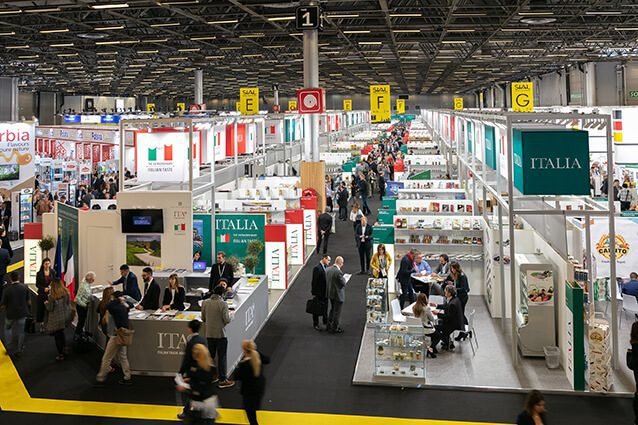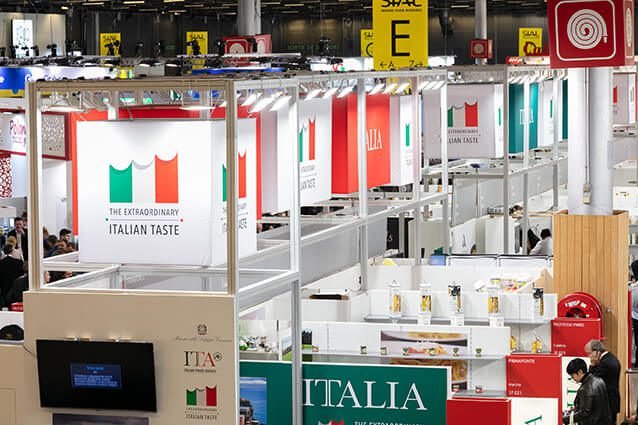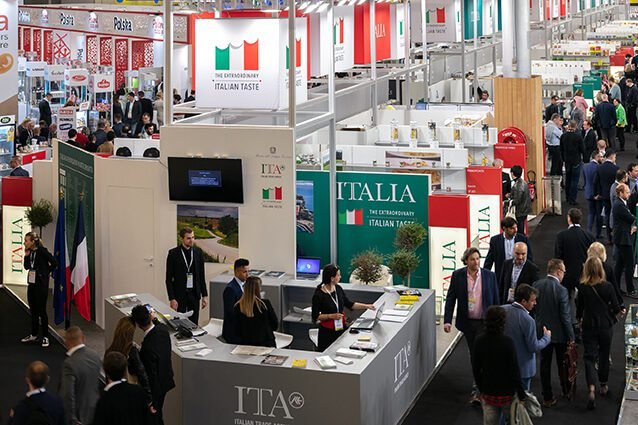In the wake of COVID, eating habits have been greatly impacted by health and environmental concerns. One of the consequences of the pandemic evidenced among French consumers is that of a growing demand for healthy food, with a preference for high quality, seasonal and local products, of reduced environmental impact. This explains the 10.4% increase in organic food consumption in 2021.
Moreover, the consumption of plant-based milk substitutes continues to rise. The other aspect worth highlighting is the desire to be informed about product sources, so traceability is a fundamental question for French consumers, who are increasingly intent on reducing food waste.
However, while the health crisis has certainly impacted the way in which food is consumed, the Ukraine war and the sanctions applied against Russia have dealt another blow on the food industry, with consequential effects on consumer purchases.
The conflict is creating a great deal of uncertainty and negatively affects consumer confidence. In fact, the higher costs of energy and raw materials, with the risk of greater difficulties in the provisioning of some raw materials such as sunflower oil or grains, are causing food prices to rise. This latter issue will become one of the essential factors impacting food purchasing decisions for at least 30% of French consumers.


Foreign trade:
In 2021, imports from Italy amounted to a monetary value of approximately 5.04 billion Euros, having increased by 8.5%. All segments making up the imports of Italian foodstuffs registered increases in 2021: this is also true of cereal-based processed foods (+2.6%), the most important category of farm produce in terms of value, consisting of bread and pastries (52%) and pasta (44%); along with Milk and dairy products (+10.8%) mainly represented by fresh cheese and dairy produce (92.3%) including mozzarella, of which Italy is the number one supplier to France with a 43.5% market share.
On analyzing the first quarter of 2022, both French exports to Italy and imports of Italian products have increased respectively by 23.83% and 10.15%. The two main categories of imported products in the first quarter of 2022 are once again “cereal-based products” (+7.81% compared to the first quarter of 2020), “milk and dairy products” (+15.21).
Activities carried out by the ICE-Agency of Paris
To promote Italian products in France in this scenario, the ICE-Agency has developed various promotional activities for 2022.



As part of the promotion dedicated to the Italian gastronomy worldwide, the ICE Office in Paris set up an Italian restaurant at the Taste of Paris food festival which was held in the French capital from 12 to15 May 2022.
Moreover, the organic wine business was highlighted from 22 to 23 June at the Vinexpo event thanks to the participation of an ICE-Agency group exhibition made up of 14 wine-growing companies. The event was organized in collaboration with Federbio.
Then, in September, ICE-Agency organized the participation of a group of 14 Italian companies at the Gourmet trade fair, an event dedicated to niche products.
Finally, for the purpose of promoting the production and innovation capacity of Italian companies, the ICE-Agency will organize a massive Italian participation at the SIAL from 15 to 19 October 2022 involving more than 200 companies.
Occasions like this aim at supporting and valorizing the entire Italian production chain of the industry.
Likewise, the ICE-Agency provides various services to assist companies wishing to address the French market or to consolidate their local market presence. In the last six months, more than 150 companies have been accompanied in their debut on the French market.

